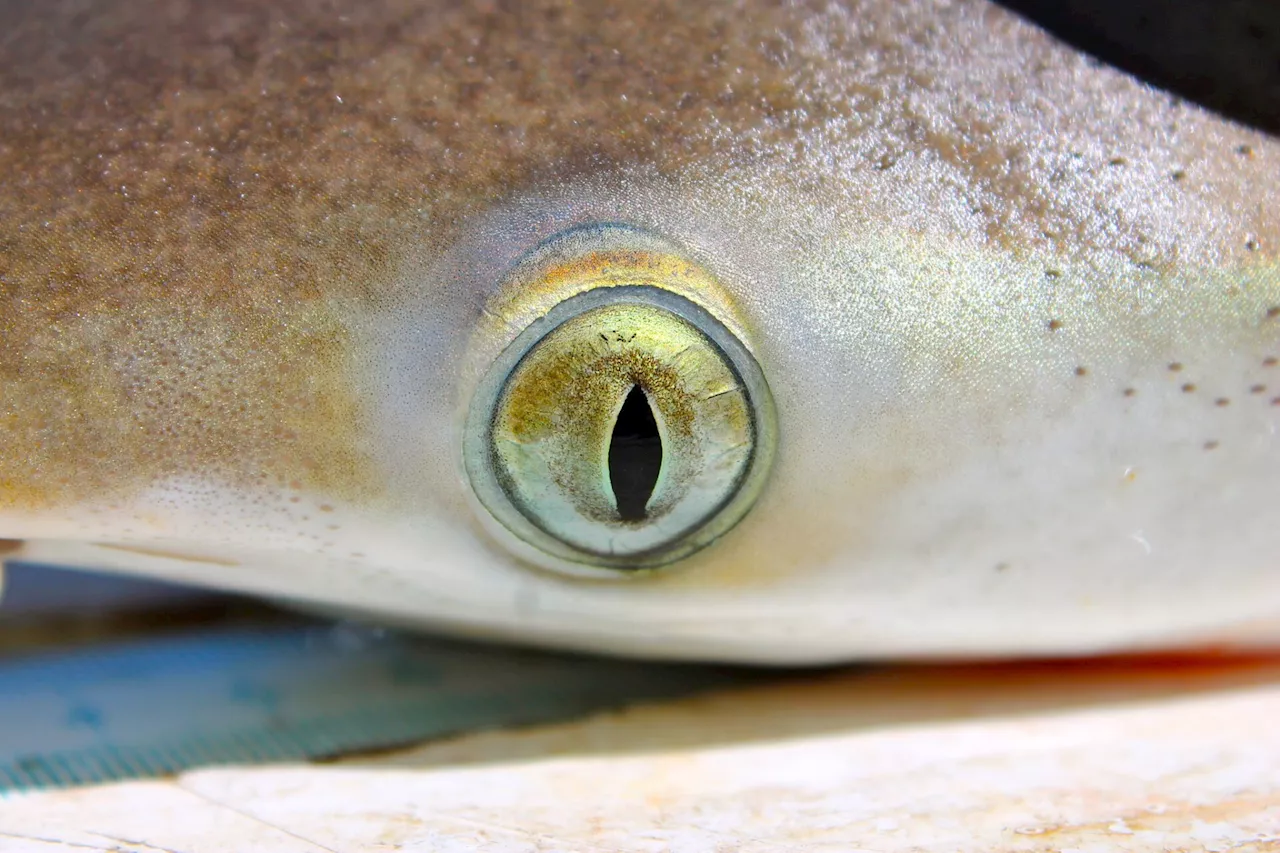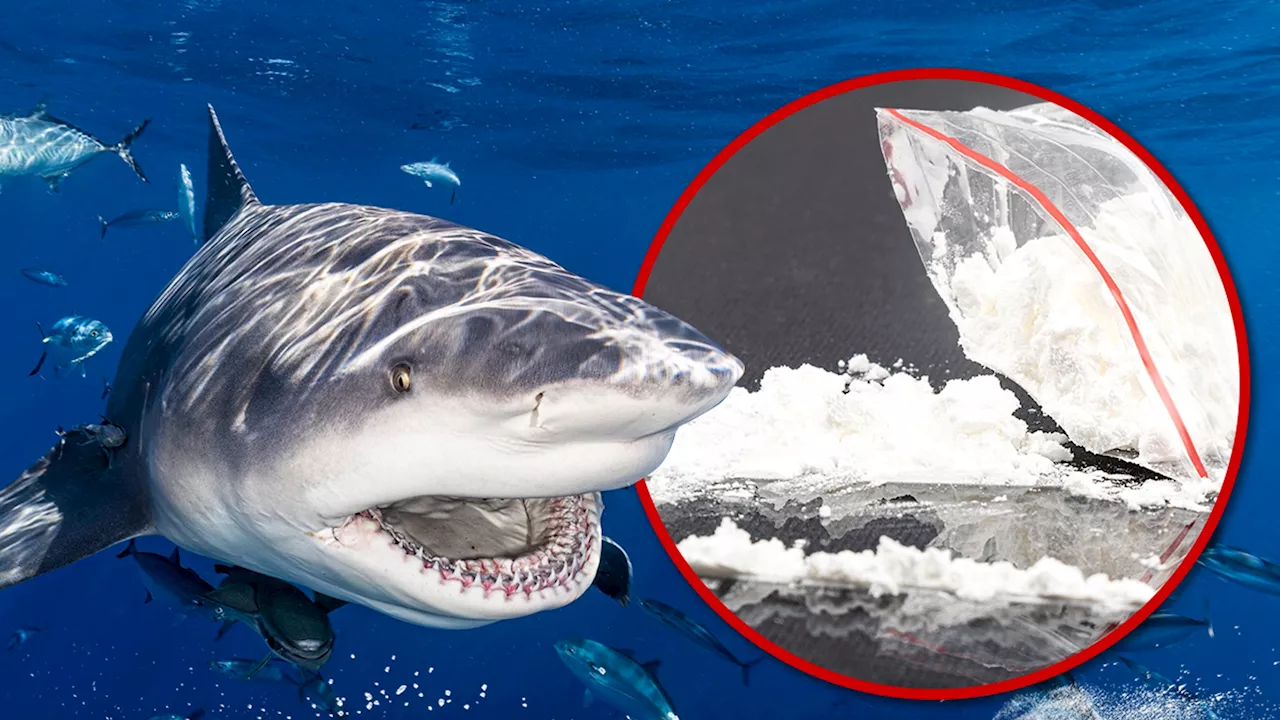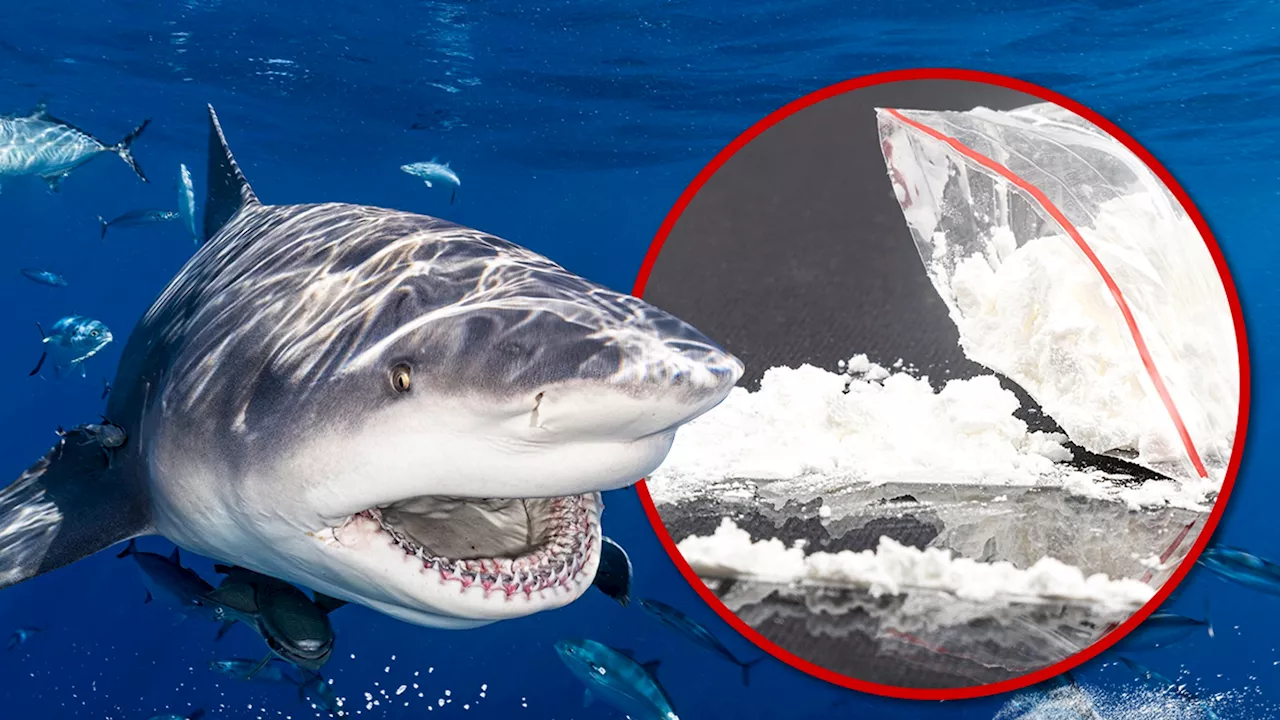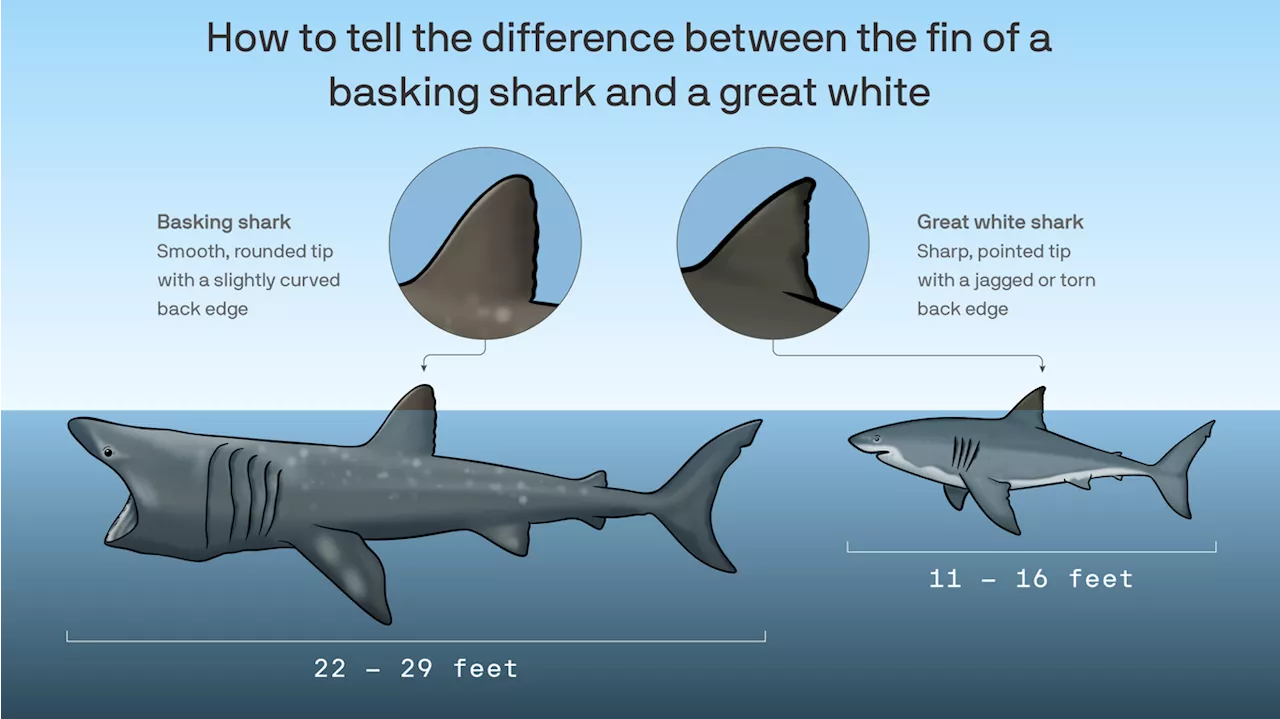Brazilian sharpnose sharks found with cocaine in their livers and muscles highlight the impact of the illegal drug trade on marine life, scientists say.
Scientists have found traces of cocaine in wild sharks off the coast of Brazil, in a discovery that highlights the risks to marine life of theThe Brazilian sharpnose sharks were captured by fishing fleets off the coast of the state of Rio de Janeiro in southeastern Brazil between September 2021 and August 2023.
The drug, along with benzoylecgonine, the major metabolite of cocaine, was found in their muscle tissue and livers. Researchers don’t know exactly how the sharks were exposed to the drug. But they suspect that traces of cocaine were probably discharged into the coastal region through raw sewage in rivers and urban canals.Another potential source of exposure, according to scientists, is cocaine packs drifting in water and not discovered by drug smugglers or authorities, which pose a risk if sharks bite into them.
Researchers previously found that the level of cocaine in waters around São Paulo, home to Brazil’s most populous city, was similar to the amount of caffeine in coffee and tea, which they described as a “huge concentration.” It has also been detectedThe Brazilian researchers chose to study the sharpnose shark because of its small size and the fact that it inhabits an area that is subject to significant contamination from sewage, making it an “environmental sentinel.
They found that cocaine levels were three times higher in the muscle than in the liver, and that the female sharks had higher cocaine concentrations in muscle tissue compared to males. The amount of cocaine and benzoylecgonine found in the sharks “exceeded levels reported in the literature for fish and other aquatic organisms by up to two orders of magnitude.”
United Kingdom Latest News, United Kingdom Headlines
Similar News:You can also read news stories similar to this one that we have collected from other news sources.
 Brazilian Sharks Test Positive for CocaineTrace amounts of cocaine have been detected in Brazilian sharks, raising concerns about the impact on marine life.
Brazilian Sharks Test Positive for CocaineTrace amounts of cocaine have been detected in Brazilian sharks, raising concerns about the impact on marine life.
Read more »
 Thirteen Brazilian Sharks Test Positive for Cocaine, Researchers SayMore than a dozen sharks in Brazil have tested positive for cocaine -- elevating concerns that the open waters in the area are being contaminated with drugs and affecting wildlife.
Thirteen Brazilian Sharks Test Positive for Cocaine, Researchers SayMore than a dozen sharks in Brazil have tested positive for cocaine -- elevating concerns that the open waters in the area are being contaminated with drugs and affecting wildlife.
Read more »
 Thirteen Brazilian Sharks Test Positive for Cocaine, Researchers SayMore than a dozen sharks in Brazil have tested positive for cocaine -- elevating concerns that the open waters in the area are being contaminated with drugs and affecting wildlife.
Thirteen Brazilian Sharks Test Positive for Cocaine, Researchers SayMore than a dozen sharks in Brazil have tested positive for cocaine -- elevating concerns that the open waters in the area are being contaminated with drugs and affecting wildlife.
Read more »
 Identi-fin-cation: basking shark or great white?Basking sharks are often mistaken for great white sharks
Identi-fin-cation: basking shark or great white?Basking sharks are often mistaken for great white sharks
Read more »
Bull sharks thrive in coastal Texas as water temperatures riseIn Texas, there has been an increase in young bull sharks in Galveston Bay and Sabine Lake for the past 40 years.
Read more »
 Sharks found with cocaine in their systems. How did that happen?Illegal drug-production labs may be releasing substances into the water that could harm Brazilian sharpnose sharks and other marine animals.
Sharks found with cocaine in their systems. How did that happen?Illegal drug-production labs may be releasing substances into the water that could harm Brazilian sharpnose sharks and other marine animals.
Read more »
